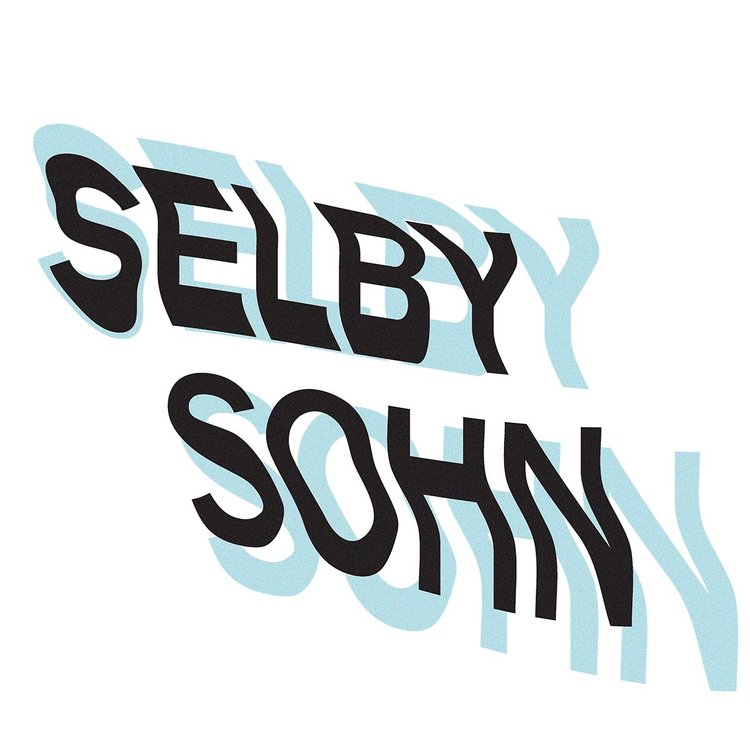Goat-Sheep
Published in Third Iris
Recently, I’ve had a recurring dream where I am a writer, not an artist. I live in a coastal town in a small two-story house—I can’t tell if it’s in Wales or Morocco. Every morning, I walk up a long stone path to the top of a cliff, then down a long staircase to sit by the ocean. I stare at the sea and jot down ideas. Eventually, I walk back to town and sit in a cafe, windswept. I sit outside, drink large clear glass pots of herbal tea, and write.
The people of the town appreciate my writings and sometimes ask me for a hug. They tell me their stories, hoping they will end up in my poems or novels. I hold their hands while they do this, not breaking eye contact. I enjoy it.
My sister lives next door and has too many children to count. They cling to my legs as I walk, hiding underneath my layered skirts. I pretend they’re not there and gossip about imaginary things loudly. I know the sauciest inexistant details. It’s scandalous. They climb the elaborate vined trellis outside my house, peering their round faces through my windows. At first, my husband was irritated by this, but now he can’t live without them. He leaves toys and candies on the trellis. He thumb-tacks photographs of people on the trellis for the children to covet. Sometimes he reads books by the window, animating them in many voices—always hilarious books. Occasionally, we hear waves of child laughter reverberating in the air. The children retell these stories, confusing the town. Their versions are much wilder and more fantastic. The town assumes that these are my books, but they are never my books. I take that personally. My books are funny too. I finally realized that my books are unsuitable for children—they are built on waves of lurid contexts.
I told Carrie Hunter about Wales-Morocco; she did not find it strange at all. She told me Anaïs Nin lived in Morocco. It’s plausible. Maybe a part of me is Anaïs Nin. My husband, Adam, calls this dream Goat-Sheep, which is very funny. He’s not wrong. There are many goats and many sheep in this dream—too many. We were on YouTube, and I clicked on a video about clotted cream in Cornwall. I was captivated, immediately transported into a different space, the headspace of Wales-Morocco. The reporter stuck her finger in the cream to show that it was good. The cream was good: it stuck to her fingernail. She remarked that it looked like nail polish. Nobody laughed.
At the end of the video, the reporter sits with an older woman, asking her questions. The older woman was clearly irritated by her questions but performed politeness. She made freshly baked scones, strawberry jam, and clotted cream. First, they spread the strawberry jam on the scone and then heaped on the clotted cream. If you go jam first, you can put on as much clotted cream as you like. Once she bit into the scone, the older woman’s face completely changed. She smiled, leaned back, and shook her head slightly in tempered exaltation. The reporter asked whether it was good. The older lady replied, “oh, that’s just… the greatest thing in the world!” She said it in a way that made the question seem irrelevant. Her hands flicked to the side when she said it, like two symmetrical shadow dinosaurs finally finding their prey. Adam and I decided to do our honeymoon in Cornwall.
In between my fever dream
Of strawberry jam and clotted cream
I finally found my Wales-Morocco
I have never been to Wales or Morocco.
Every morning I dress up. Thinking about death all the time makes me want to look fabulous every day. Although, some days, it is hard to keep up with my monochrome lifestyle. Every morning after I dress, I pose in front of my husband until he admits, “she did it again.” I taught him to say this. Sometimes, he dangles the phrase until I’ve gone through a few poses—I started Voguing during the pandemic. Doing it again can also be about the way I move.
At night, Adam and I sip rum and stare out the window while listening to Balmorhea. I am such a lush that I cry after one song. Over the years, I have become his barometer of emotional content. There are moments when something riveting will happen in a movie, and I will not cry. He will pause the film and explain why I should cry. I agree with him, but it does not make me cry.

